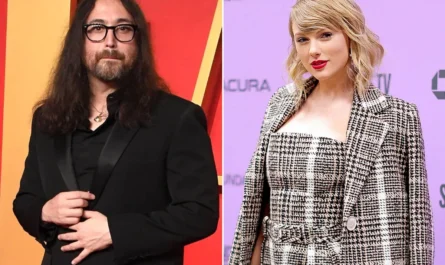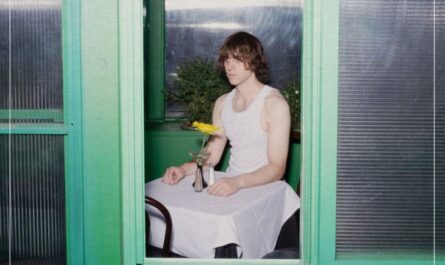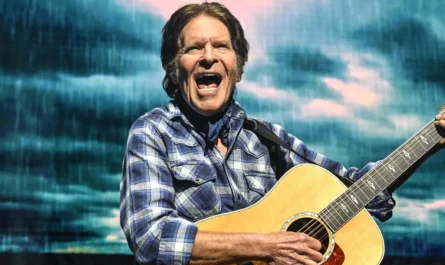We all have guilty pleasures. It’s a necessary part of being a human being, offsetting your civilised and cultured taste profiles with unbridled trash to help make you a more rounded person. So it was a thrill to me, as a David Bowie fan, that the medieval jousting film A Knight’s Tale decided to use his Station to Station hit ‘Golden Years’ as part of its oddly modern soundtrack.
I am unashamed to admit that A Knight’s Tale is one of my favourite films. Seeing a young swashbuckling Heath Ledger challenge the traditional image of aristocracy, in what is a classic underdog story. William Thatcher, the boy from Cheapside, defeated Count Adhemar of Anjou to the sound of 20th-century rock and roll. What’s not to like?
As a child, unpolluted by the limitations of overanalytical criticism, this movie hit all the notes, and the Bowie scene in particular, helped crystallise the idea of what music is, to my yet to be cynical brain. But on second thought, is there not something we can learn about artistic consumption, from our younger, more honest selves?
Without the preconceptions of what culture has tuned us into thinking is cool, we view art without interference, relying solely on our own instinctual responses to determine if it is good or not. I, as a mere ten-year-old, loved watching a medieval crowd chant the words to Queen’s ‘We Will Rock You’ as they waited for the upcoming joust. Even though this film was set in the 14th century and even though I absolutely hate Queen.
So, when the latest trailer for Emerald Fennell’s Wuthering Heights was released to the soundtrack of Charli XCX, you would think that my natural inclination for era crossing would be satisfied? Truthfully, I’m not entirely sure.
You see, as much as I enjoyed watching A Knight’s Tale inject a modernised soundtrack into a medieval tale, I can’t say it added much artistic edge. It was simply an easy trope to ignite entertainment and an elementary level of joy. Ultimately, I think there is a similar argument to be made in the case of Fennell’s upcoming project.
She has dialled the sexuality of this Victorian love story up to ten and has enlisted the voice of modern pop culture to do so. While you may say the same can be said for Bridgerton, which regularly used string quartet adaptations of chart hits, I would argue that the project did so to open the doors of accessibility to what has traditionally been a very secular genre.
Bridgerton diversified the racial profiles of these stories to, once again, increase visibility in historic settings that were otherwise homogenised, and the soundtrack adaptation was more muted. The instrumental string covers were nothing more than vignettes of familiarity that helped hone the interest of a modern audience and bring them into the world of a historic chapter they might not have been interested in otherwise.
Wuthering Heights, however, feels more obnoxious in its approach. It’s playing to a gallery of viewers obsessed with highlight reels, soundbites, not songs, and not to thought-out artistic crossovers that they can quickly label “iconic”. I don’t genuinely see what purpose is served to Charli XCX, an artist who has perennially pushed traditions in pursuit of sonic innovation, by juxtaposing her music with a salacious and misrepresented tale of Victorian romance.
However, this doesn’t mean modern music has no place in period dramas. They do, when utilised correctly, build a bridge between eras and consequently audiences. Untold stories from history are focused through the lens of modern music that touches on similar thematic tropes. But ultimately, that is the key criterion for its proper use. Thematic parallels, not quick and easy wins that will boost online profiles.





